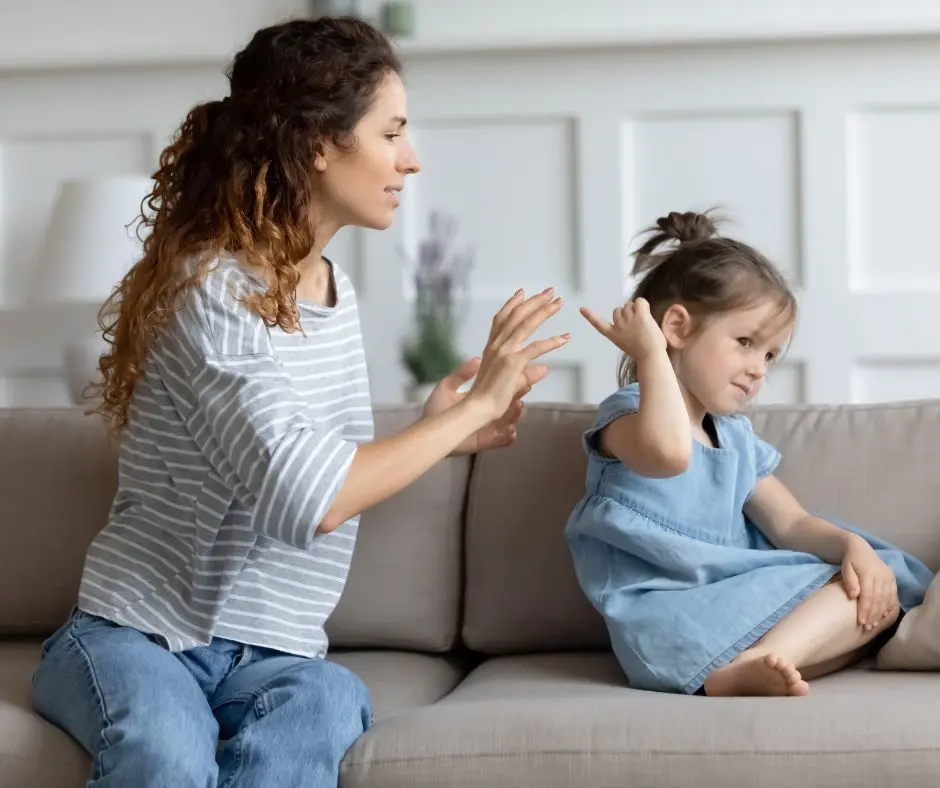Sharing time with your kids after a divorce can be a difficult adjustment even when you and your ex are on the same page when it comes to rules, discipline, and parenting styles. It can be a lot harder when you have concerns about your ex’s judgment regarding who is appropriate to have around your children. When your kids come back from their placement time, you may see and hear things that make you even more uneasy.

After the divorce, you may notice some changes to your children’s moods and personalities as they adjust to their new situation. Over time, as children get more used to their circumstances, they will hopefully have fewer emotional reactions and go back to being themselves. However, there may be cause for concern when they can’t adjust to placement time with the other parent or come home acting noticeably different. If your child mentions being around other people during visits and has evident shifts in their behavior and mood, there may be an issue.
It’s important to remember that kids may not be able to recognize a problem or have the words to express how it is that things are not right. This can be particularly true when the source of the discomfort is someone they have been taught to trust and respect as an authority figure. Of course, there can be apparent problems such as your kids telling you the other parent is drinking heavily or using drugs with people in their presence, but when the trouble is more subtle, it can be harder to identify. If you see the following signs, it may be time to start looking into the matter:
- You see significant behavior changes. Depending on their ages, your kids may not be able to express themselves verbally but will show their stress by being more withdrawn, having increased separation anxiety, crying more often, lacking interest in things he or she once enjoyed, or being more controlling or aggressive.
- They are acting out behavior on siblings. When someone is saying harmful things to a child that he or she cannot process, it can create an emotional crisis. One way children may try to manage their feelings is by acting them out on another child or sibling. For instance, if someone is belittling a child by calling them names such as “worthless,” “brat,” or “stupid,” and you hear your child using those words right after placement time towards a sibling or another child, there may be something going on.
- They are expressing themselves differently in art and play. You may find that your child is drawing darker and more menacing images of someone you don’t recognize or that they are using harsher words during playtime with their dolls or other toys. Older kids may write down their feelings and use unusual phrases and words that they have not seen previously.
While it could be that your child is reacting to jealousy or confusion over a new boyfriend or girlfriend in your ex’s life, there could also be more beneath the surface. If you see these or other signs that make you concerned, you could talk to your child using open-ended questions to find out more information. You can ask questions such as: How do you feel about this person? How do you think he or she feels about you? And, why do you feel that way? Your child’s answers may provide better insight into the situation.
When you know for sure or are more certain that your ex is allowing unsafe people around your kids or exposing them to bad situations, you should meet with a family law attorney to discuss your observations and determine if you need to return to court and ask for restrictions on your ex’s placement time.










